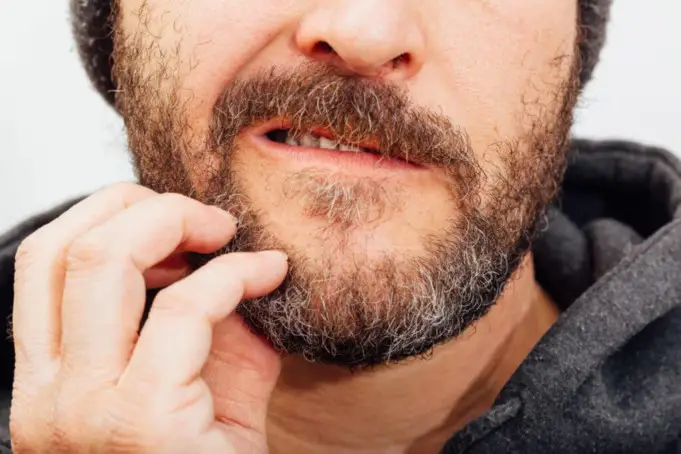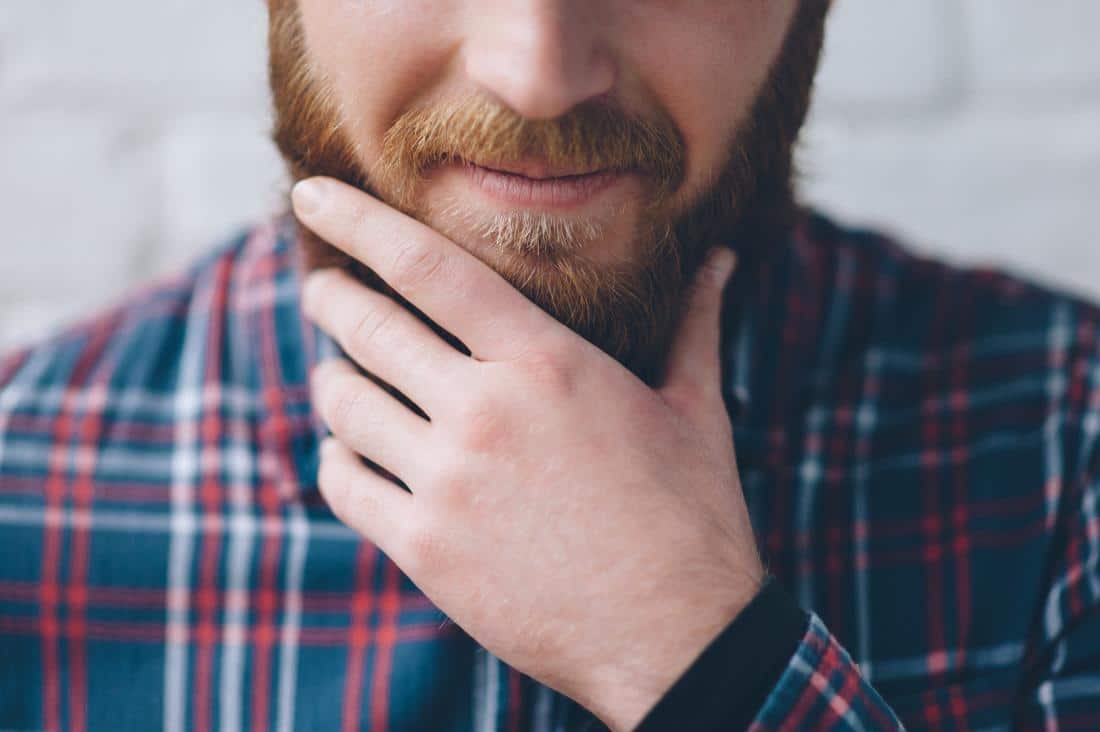Almost every guy wants to keep a beard because the ladies find it super sexy or because it makes than look older and more mature. But then, with these good looks and maturity comes a lot of itchiness and it can make keeping facial hair tiring.
Itchiness can begin anytime whether you are growing a beard for the first time or you have had one for years. It is common to have an itchy beard, sometimes the itchiness may be mild and even unnoticeable. Other times every area covered with facial hair seems to itch and you just want to shave off the whole damn thing.
Your facial hair is nothing like the hair that grows on your head. Facial hairs are called androgenic hair which means that the growth of this hair is driven majorly by your testosterone.
The more the pump of testosterone, the thicker your hair and the more it grows. Because of how your facial hair grows you have to take care of it a lot differently than the rest of your body hair.
So what causes your beard to itch?
The reason why your beard may itch could range from a minor infection to a serious one.
Growing out your facial hair
Whenever you shave your facial hair you leave a sharp edge at the end of each individual hair inside its follicles. When the hair begins to grow out of this tiny tube that houses it the sharp edge may scratch the follicle and cause it to itch you. Now that explains why if you decide to grow out a beard after shaving for a very long time, your entire face may begin to itch and make you uncomfortable for a while.
Dry skin
Xerosis, also known as dry skin, can be caused by immersing your skin in hot water or by dry and cold weather. Especially when you are having a shower or bath. Soaps or shampoo can wash off the natural oils on your skin and that can cause your beard to itch.
If you are having dry skin with scaling or some skin thickness it might be as a result of ichthyosis. These kinds of skin conditions may be genetic or acquired.
Skin conditions such as eczema and psoriasis can also cause your skin to be chronically dry and make your beards itch.
Ingrown hair
Ingrown hairs occur when hair that has been shaved grows back into it’s follicle instead of growing out. This would cause the follicle to become inflamed and lead to itching.
There is a higher tenancy of this to happen if your hair is curly or tight. You’ll be able to notice ingrown hair when your hair follicles become itchy, red, bumpy, and sometimes painful around the shaved area.
Folliculitis
Folliculitis occurs when the hair follicles that houses your hair experience an inflammation. Such inflammation is usually caused by parasites, fungi, viruses, or bacteria.
Other times it could be caused by the clogging of your hair follicles by an ingrown hair. When you have Folliculitis in your beard area, the inflamed hair follicle usually feels tender, looks red, and can become pus filled blisters
Pseudofolliculitis barbae
Pseudofolliculitis barbae is an inflammation that occurs when facial hairs growing from your follicles cut your skin inside the follicle of end up curving back into your skin instead of growing out. Pseudofolliculitis barbae mostly happens in association with facial hair shaving and cash lead to razor bumps.
The symptoms of cuts from razor bumps can mimick those of folliculitis. Your face can end up looking red, develop pus filled blisters, and look bumpy. Unlike alot of folliculitis cases, razor bumps in the case of Pseudofolliculitis barbae are as a result of noninfectious irritation, and not because of an infection.
Seborrheic eczema
Seborrheic eczema is a condition that can make your skin appear flaky, red, and also scaly. It’s the same thing we call dandruff when on the scalp. Although it happens mostly on the scalp, Seborrheic eczema can show up on your facial skin and cause flakes to fall off when you scratch your beard.
Tinea barbae
Tinea barbae is a fungal infection in the facial region caused by a fungus called dermatophyte fungus. This fungi infection causes the appearance of inflamed, crusty, and red skin around the mouth, under the chin, and on the cheeks. It is similar to the common ringworm.
Testing an itchy beard
Testing some causes of an itchy beard can be very easy and having a bath regular or paying attention to your facial hygiene might be all the cure you need. Other causes like bacterial or fungi infection may require the use of specific antibiotic to treat the source of the itchiness.
Medication
If you your itchiness is due to an infection or any other underlying condition, your doctor may have to prescribe a cream, lotion, or ointment. Depending on your doctor and the condition you are dealing with, you may be advised to take some oral pills.
Good hygiene
Keep your beards adding entire face clean and free of excess oil by washing it often, using a soap specifically designed for beard care, applying a beard conditioner containing argan of jojoba oil, and finally, limit your use of hot water for washing this beards.
If you are growing your beards out, it is best to avoid shaving for a while so that you don’t hurt your hair follicles.













